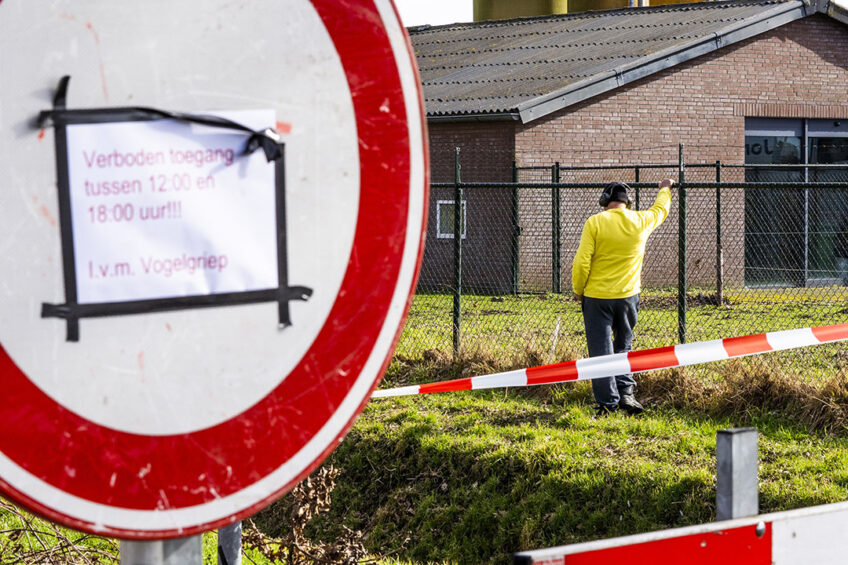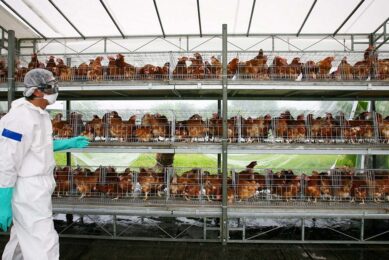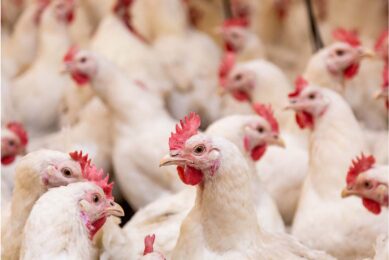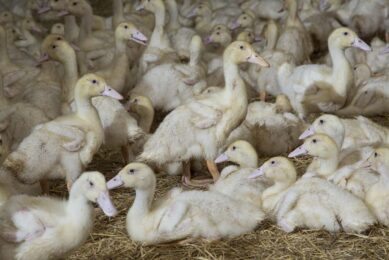UK poultry housing order comes into force

Chief veterinary officers across the UK have agreed to bring in new housing measures to protect poultry and captive birds from bird flu following a number of confirmed cases across Great Britain in recent weeks.
The new housing measures, which came into force today (29 November 2021), mean there will be a legal requirement for all bird keepers across the UK to keep their birds indoors and to follow strict biosecurity measures in order to limit the spread and eradicate the disease.
Recent cases of HPAI H5N1 have been confirmed at a number of premises near Thirsk, North Yorkshire; Clitheroe and Poulton led Fylde, Lancashire, Barrow upon Soar, Leicestershire, Wells-next-the-Sea, Norfolk, North Fambridge, Essex and Mouldsworth, Cheshire in England and Anglesey, Wales. In a statement, the chief vets said they had not taken the decision lightly: “We have taken swift action to limit the spread of the disease… Taking this action now is the best way to protect your birds from this highly infectious disease.”
Measures for poultry farmers with 500 birds or more
Keepers with more than 500 birds will need to restrict access for non-essential people on their holdings, while workers will need to change clothing and footwear before entering bird enclosures. Site vehicles will need to be cleaned and disinfected regularly to limit the risk of disease spreading.
Aimee Mahony, NFU poultry adviser, backed the move: “Protecting bird health and welfare is our number one priority and, with an increasing number of confirmed avian influenza cases over the past few weeks, the introduction of national housing measures will keep all birds, whether they are part of a commercial or backyard flock, as safe as possible.”
Jim Turner, head of poultry at Wynnstay, said the move indoors would create a significant and sudden change of environment for free-range layers. He said there were a number of key steps to help maintain flock health and egg production, including checking the ventilation system. “Be aware that the house will warm slightly without the cool air entering through pop-holes. Be ready to adjust the settings as this happens, to keep a constant ambient temperature suitable to the flock. The potential warming of the shed can impact feed and water consumption.”
Effective ventilation boosts safety, productivity and sustainability
Poultry farmers understand that comfortable, safe and happy chickens are productive chickens. New developments in ventilation technology can offer significant benefits. Read more…
Eye for diet
Ahead of the housing order enforcement, Turner said producers should assess the diet of the birds to ensure nutrition will maintain egg size and production in water conditions.
“Supplements can help reduce stress and support immune systems. Giving hens a boost of amino acids, electrolytes and vitamins can help prevent disease challenges from impacting hen health and flock performance. Adjusting light levels, availability of enrichment and grit to encourage scratching can all contribute to keeping birds calm and expressing natural behaviours while housed, which in turn helps maintain production,” he added.
Join 31,000+ subscribers
Subscribe to our newsletter to stay updated about all the need-to-know content in the poultry sector, three times a week. Beheer
Beheer








 WP Admin
WP Admin  Bewerk bericht
Bewerk bericht